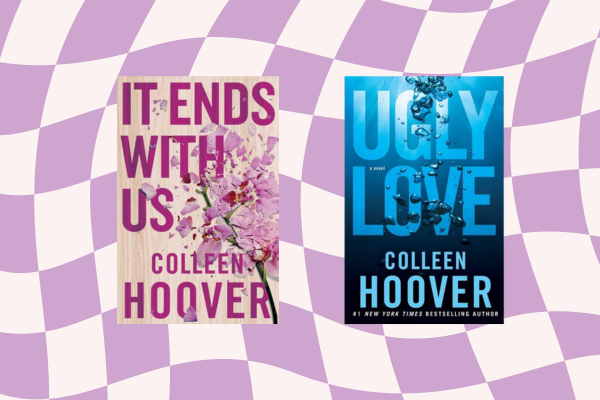I Read Colleen Hoover’s Books So You Don’t Have To

If we’re on the same side of TikTok, you’ve probably heard of Colleen Hoover, who has spent a total of 120 weeks on the New York Times Bestseller list in the last ten years. She’s also the third most-followed author on Good Reads, trailing only Stephen King and Bill Gates. TikTok videos using the hashtag #colleenhoover have received over 441 million views.
Basically, unless you live under a rock, you’ve probably heard of her best-selling novels, such as “It Ends with Us,” “Ugly Love,” or “Verity.”
Colleen Hoover is praised for her unique twist on the contemporary romance novel, creating characters that readers both love and despise and creating dramatic passages that leave readers in tears. Colleen Hoover is widely regarded as one of the most influential figures in the contemporary romance genre.
Colleen Hoover Backlash
However, there is a growing backlash against her, with charges that she romanticises abuse and that her writing contains highly misogynistic elements. A simple glance over her novels verifies this.
If you want to know a bit more about the Colleen Hoover books discourse, but don’t want to dedicate the time to reading, I’ve got you covered.
***Spoilers for It Ends with Us & Ugly Love***
The Problem With ‘Ugly Love’
“It’s the beautiful moments like this that make up for the ugly love,” says protagonist Tate in Colleen Hover’s novel Ugly Love – but do they truly make up for the ugly love, or is Ms. Hoover sending a bad message to young women everywhere about staying in abusive relationships?
Colleen Hoover’s Ugly Love depicts the story of a lady who falls in love with an emotionally unavailable man. The chapters in the narrative alternate between two perspectives: the man, Miles, from six years ago and the woman Tate from the present day. Throughout the story, readers witness Tate being mistreated by Miles while also learning why he treats her the way he does, through learning about his past as the novel unfolds.
While the concept of the novel is innovative and engaging, the plot normalises and depicts a pretty degrading cliché of emotionally abusive males and complacent women, accompanied with sluggish character development.
The work portrays obviously toxic masculine power as normal, among other harmful stereotypes such as domestic abuse, drunkenness, and unhealthy coping techniques. Hoover portrays Tate as a character who is completely reliant on Miles for development, and any change in her character is only visible via her sentiments for Miles. The reader does not learn about her qualities as a person separate from him.
Emotional Abuse Is Romanticised
Furthermore, Miles’s position of authority in their relationship is romanticised. His domination is obvious from the start of their relationship. He informs her that there will be two ground rules for their relationship: the first is that she will not inquire about his history, and the second is that she will not expect a future from him.
The novel concludes with Miles’ narrative, which contains a plot twist in which it is revealed what incident in the past caused Miles to become such a bitter person in the present. However, the story is conveyed as if his past should excuse all of his emotionally abusive behaviour — which only serves to promote the image of women allowing themselves to be mistreated.
Ugly Love recounts a cliche story about women letting men stomp all over them and portrays toxic male behaviour as regular, giving a poor model for good relationship dynamics. There is a distinction to be made between displaying a toxic relationship as harmful and unhealthy and depicting a toxic relationship as both romanticised and typical.
‘It Ends With Us’ Backlash
It Ends With Us, Hoover’s most famous novel and is currently being mad into a movie starring Blake Livley. It tells the narrative of Lily Bloom and her battle to break free from the cycle of domestic abuse. Lily meets Ryle, a neurosurgeon, after leaving her hometown and falls in love with him right away. Ryle appears to be faultless at first, using his charm to entice Lily, but his short temper soon emerges.
On the one hand, It Ends With Us has raised awareness of domestic abuse, yet it is critical to recognise the harmful consequences of this book for her younger readership.
Throughout the novel, Hoover develops antagonist Ryle’s character via the perspective of victim blame. Her work falls short of striking a balance between eliciting sympathy and drawing attention to harsh behaviour.
At the end of the book, Hoover revealed her process and personal ideas. “I didn’t want Ryle to be who he was going to be because I had fallen in love with him in those first several chapters, just as Lily had fallen in love with,” she wrote.
Despite the fact that he is clearly the antagonist, Lily tries to convince herself and the reader that Ryle has “so much more good in him than bad,” even after he hits her to the ground and pushes her down the stairs.
Hoover romanticised Ryle’s abuse, reinforcing the notion that abusive relationships are motivated by romance and passion.
Is Reading Reading Colleen Hoover Books Really So Bad?
Hoover’s characters’ deceptive qualities have indoctrinated an entire generation of young girls, her target audience. Girls’ ideas of the “ideal partner” have begun to correspond with the features Hoover praises in her faulty male characters. This new genre is powered by using unhealthy relationships as a source of enjoyment.
Though it is natural for entertainment to develop with the current culture, glorifying abuse is unacceptable. Adolescent females’ obsession with romanticised realities has blurred the gap between reality and fantasy.
Of course, I am not suggesting that you cannot read Colleen Hover’s books because of their problematic nature, that would be ridiculous. I simply want to make people aware going into these books that these are not relationship dynamics that you should want to emulate.
Have you read any Colleen Hoover books?
Read More: We Need To Shop Shipping Toxic Relationships







